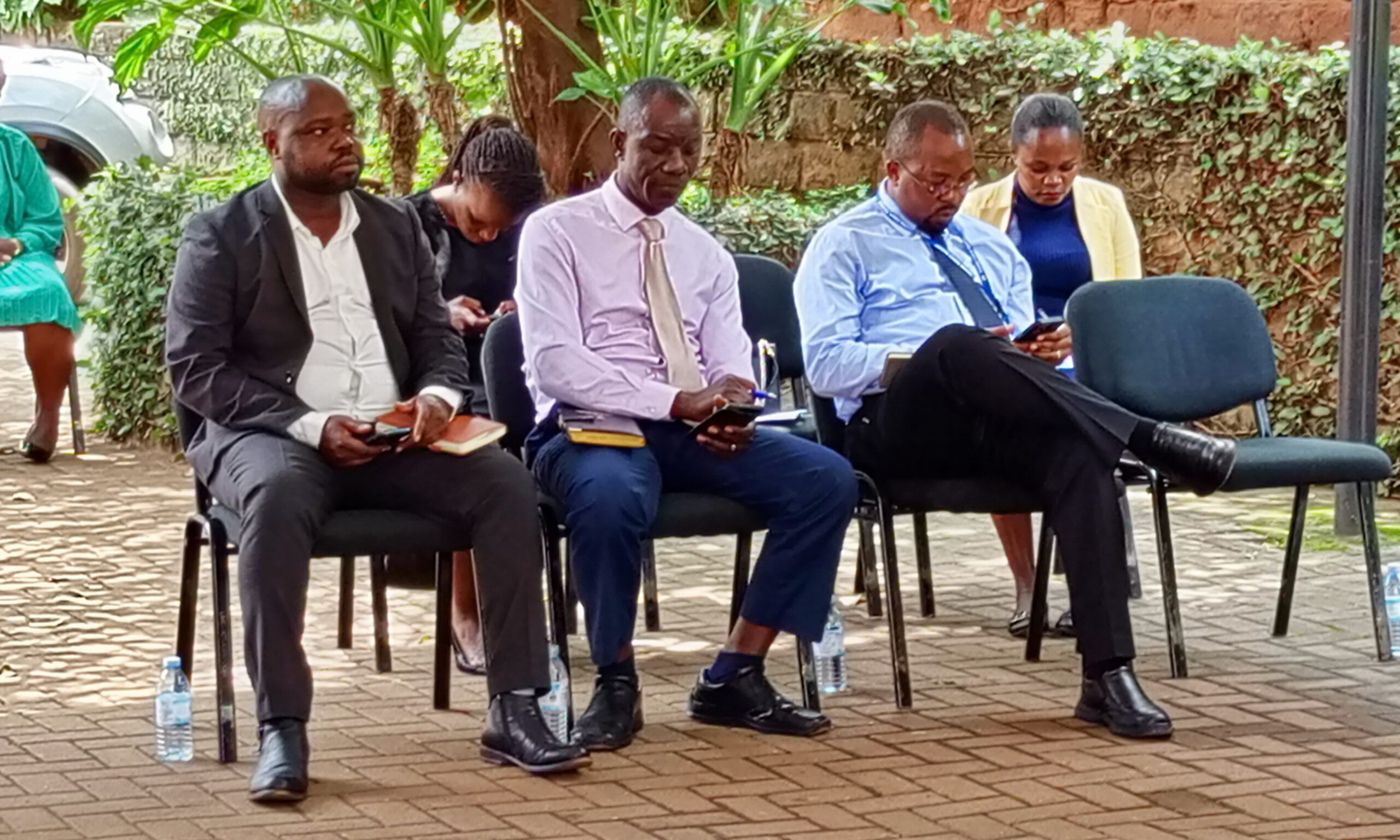Health
Uganda Cancer Institute Unveils Holistic Strategy to Combat Rising Cancer Cases

By Gad Masereka
Kampala, February 5, 2024
The Uganda Cancer Institute, led by Executive Director Jackson Oryem, recently shared critical insights and policy directions during a press conference at the Media Centre in Kampala. The briefing aimed to provide updates on the state of cancer in Uganda and highlight the comprehensive approach being taken to address the growing challenges posed by the disease.
Dr. Nixon Niozima, from the Uganda Cancer Institute, presented statistical insights into cancer in Uganda. With an estimated 34,000 new cancer cases annually, the Institute plays a crucial role in providing care. Dr. Niozima emphasized the ongoing expansion of the Institute’s capacity, including the addition of radiotherapy machines and the construction of a nuclear medicine facility.
Dr. Alfred Jatho, focusing on the community perspective, outlined efforts in cancer prevention and early detection. He detailed the training of healthcare workers and the establishment of screening units at district health facilities. Jatho stressed the importance of community education and awareness, highlighting the role of village health teams in disseminating information and identifying early signs of cancer.
Dennis Olodi, Executive Director of the Uganda Cancer Society, clarified the distinction between the society and the Uganda Cancer Institute. He emphasized the role of civil society in supporting government interventions, conducting research, and raising awareness. Olodi outlined ongoing initiatives, including quarterly press conferences and the distribution of cancer education materials.
Executive Director Oryem concluded the conference by discussing key policy directions. He highlighted the government’s commitment to decentralize cancer services through the establishment of regional cancer centers. The completed center in Gulu is set to be commissioned soon, with others in progress. Oryem also emphasized the importance of a coordinated approach outlined in the upcoming National Cancer Control Plan.
In a final plea, Oryem called on the media to continue supporting their efforts, particularly in disseminating information and dispelling misconceptions about cancer. The comprehensive approach outlined during the press conference signifies a concerted effort to address the cancer challenge in Uganda.
As Uganda grapples with an estimated 34,000 new cancer cases each year, the Uganda Cancer Institute is taking proactive measures to expand its capacity and enhance its services. Dr. Nixon Yozima provided a glimpse into the Institute’s ongoing efforts, emphasizing the critical role it plays in providing care to cancer patients. The expansion includes the addition of radiotherapy machines and the construction of a nuclear medicine facility, both aimed at improving the overall patient experience and outcomes.
Dr. Alfred Jatho focused on the community perspective, shedding light on initiatives aimed at cancer prevention and early detection. The training of healthcare workers and the establishment of screening units at district health facilities are crucial components of this strategy. Dr. Jatho underscored the importance of community education and awareness, emphasizing the vital role played by village health teams in disseminating information and identifying early signs of cancer.
Dennis Olodi, Executive Director of the Uganda Cancer Society, clarified the role of civil society in supporting government interventions. Beyond providing vital research, civil society organizations, through initiatives such as quarterly press conferences and the distribution of cancer education materials, actively contribute to raising awareness and dispelling myths surrounding cancer.
Executive Director Oryem concluded the press conference by outlining key policy directions undertaken by the government. The commitment to decentralize cancer services through the establishment of regional cancer centers is a pivotal step. The completed center in Gulu is expected to be commissioned soon, with others in various stages of progress. Oryem stressed the importance of a coordinated approach outlined in the upcoming National Cancer Control Plan, which will serve as a framework for systematic and comprehensive cancer management in Uganda.
In a final plea, Oryem called on the media to continue supporting their efforts, particularly in disseminating information and dispelling misconceptions about cancer. The comprehensive approach outlined during the press conference signifies a concerted effort to address the cancer challenge in Uganda. As the government, healthcare institutions, and civil society collaborate, there is optimism that these initiatives will contribute significantly to reducing the burden of cancer in the country.
